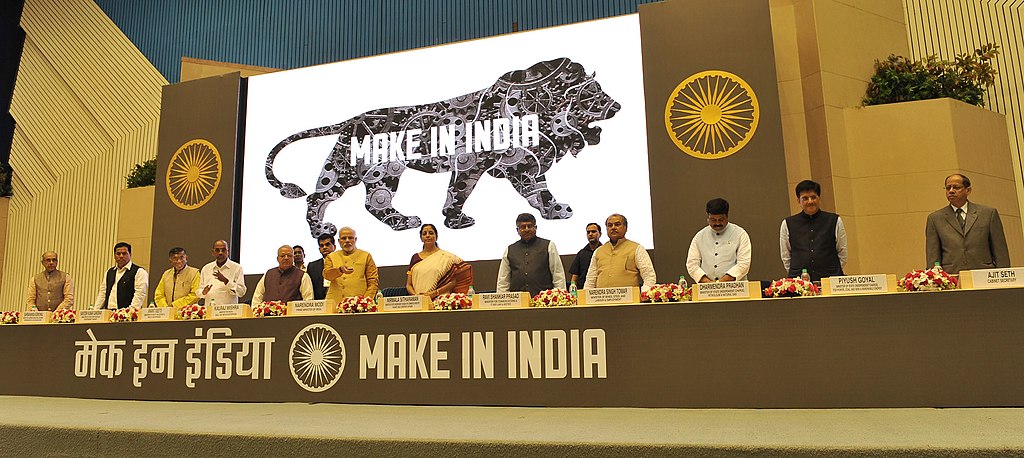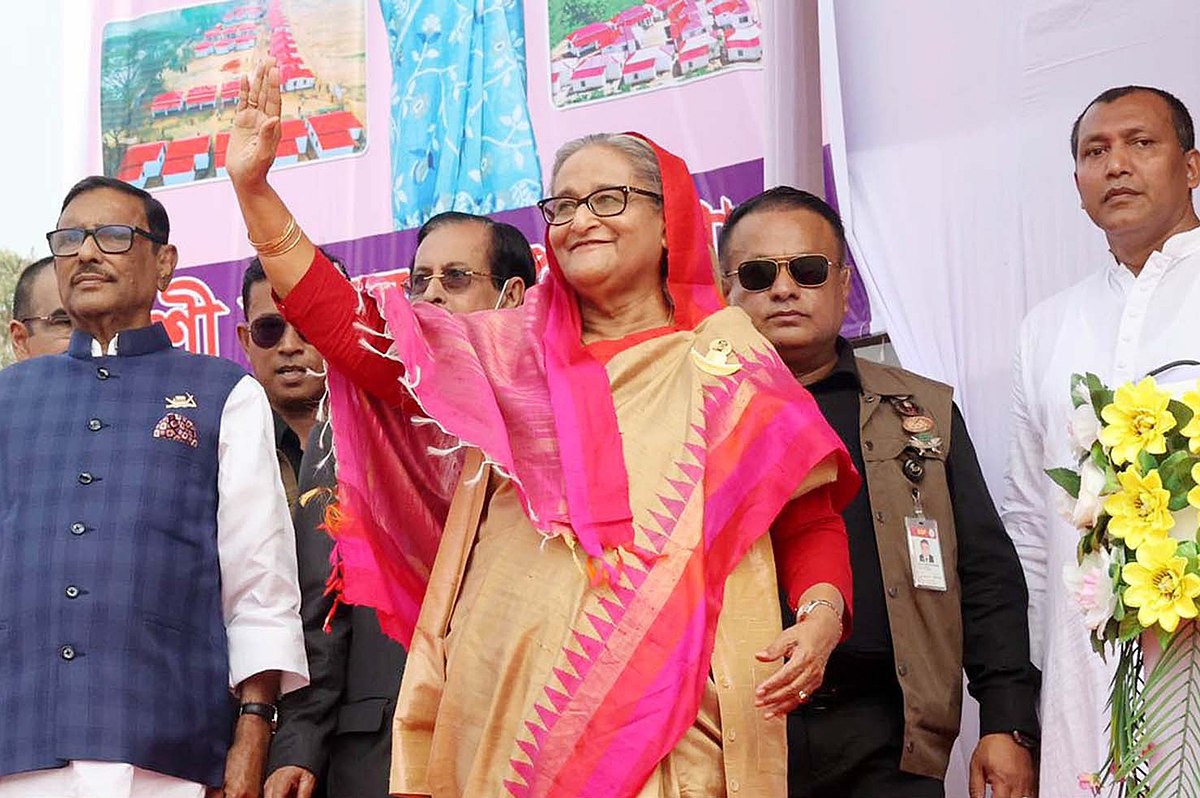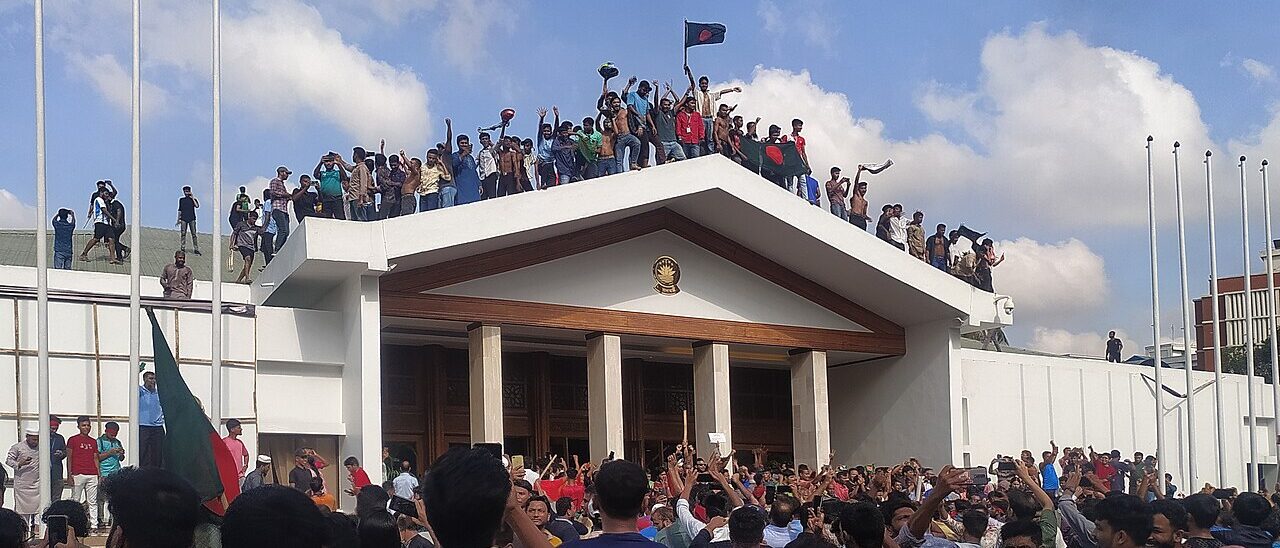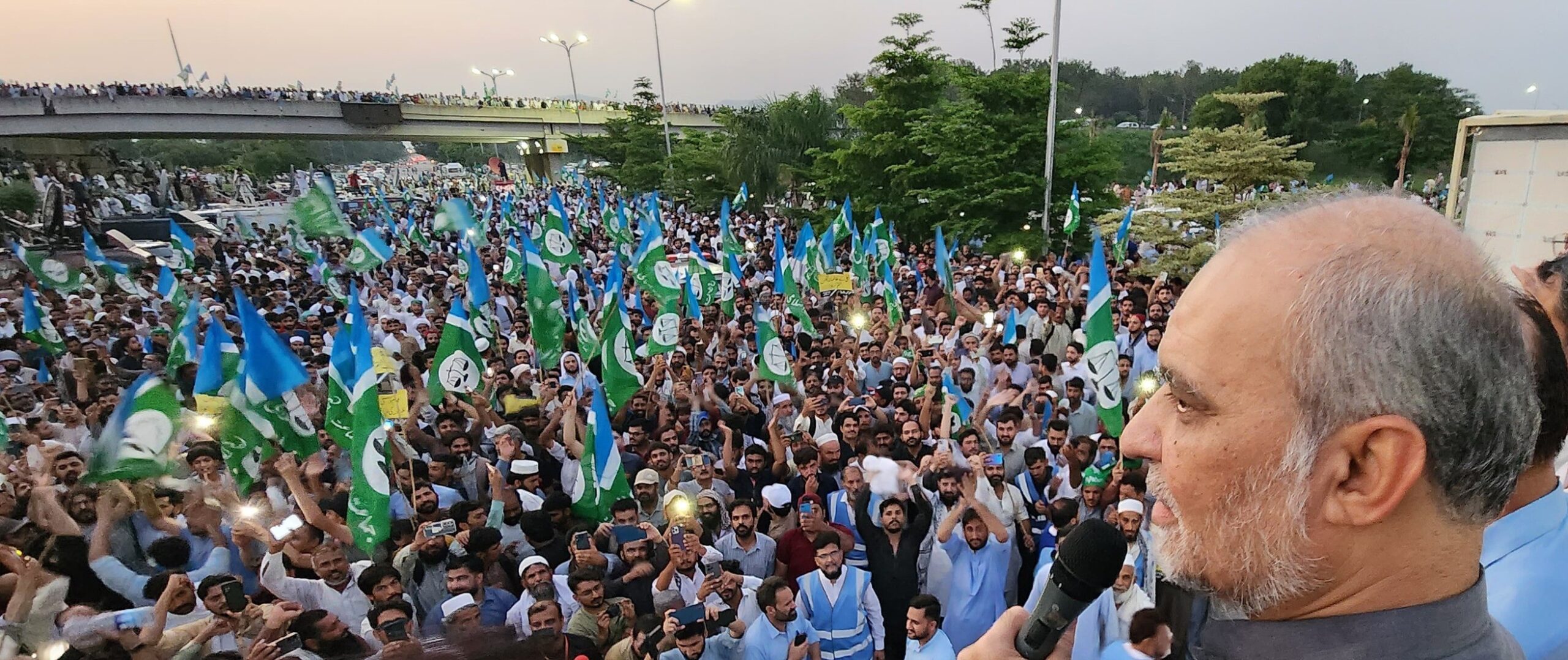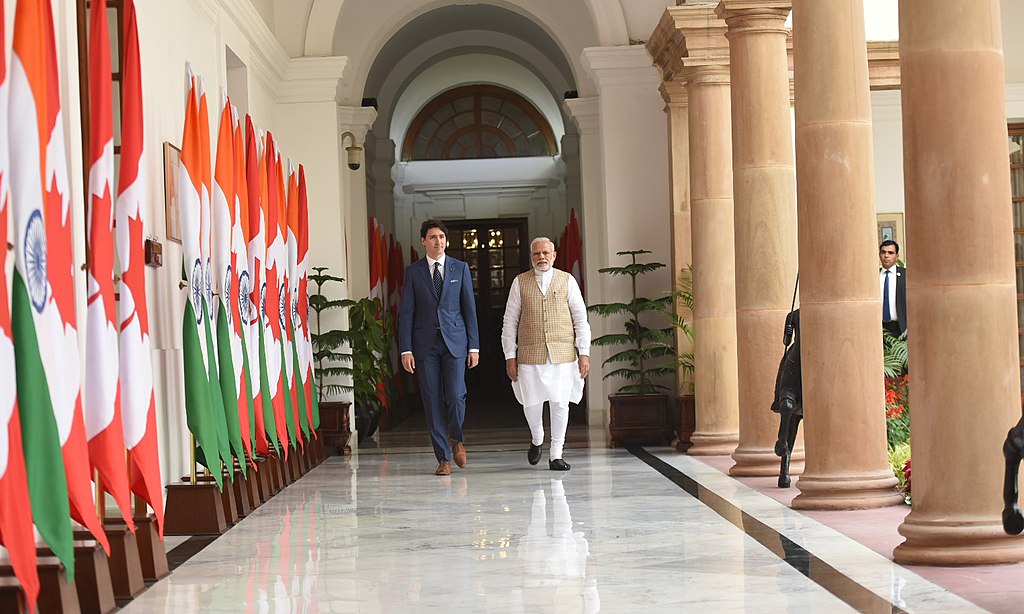This is a summary of the original article by Keith Jones that may be found here
The Bharatiya Janata Party (BJP) government in India, led by Prime Minister Narendra Modi, has faced criticism following a recent BBC documentary that investigates Modi’s role in the 2002 Gujarat anti-Muslim pogrom. The communal violence, which lasted for three days in February and March 2002, resulted in the deaths of 1,044 people, the majority of whom were Muslims. The real death toll is believed to be closer to 2,000 and many more were left homeless. The documentary, called “India: The Modi Question”, provides additional evidence of Modi’s responsibility for the 2002 violence, including a secret British government report on the pogrom that was previously unknown.
The report highlights that the violence was well-coordinated and had the “hallmarks of ethnic cleansing” with the aim to purge Muslims from Hindu areas. The report also refers to the role of the Vishwa Hindu Parishad (VHP) in inciting the violence and says that the Hindu communalist group could not have caused such destruction without the “climate of impunity created by the state government”, for which Modi is “directly responsible.” The documentary also cites the results of an investigation conducted by the European Union which concluded that ministers in Modi’s BJP state government “took an active part in the violence” and that senior police officers were instructed not to intervene.
In the documentary, a former diplomat, whose identity is not revealed, says that at least 2,000 people were murdered and that the violence was a “deliberate, politically driven effort targeted at the Muslim community.” The former British Foreign Secretary Jack Straw, who was involved in the establishment of the Gujarat inquiry team, calls the report “very thorough” and defends the decision not to make the findings public, claiming it would have hurt Britain’s commercial and strategic interests.
Despite the evidence of Modi’s involvement in the 2002 violence, he has been protected by a highly communalized state apparatus, including the police and judiciary, and has not faced any legal consequences. Modi has been a lifelong member of the Rashtriya Swayamsevak Sangh (RSS), a paramilitary organization dedicated to the revival of the “Hindu nation,” and routinely consults with its leaders on government decisions.
The recent documentary has prompted widespread criticism of Modi and the BJP government, with many calling for accountability and justice for the victims of the 2002 violence. The BJP government has responded with hostility to the documentary, with India’s Information and Broadcasting Minister calling it a “propaganda” and threatening to take action against the BBC.
In conclusion, the recent BBC documentary on the 2002 Gujarat anti-Muslim pogrom provides further evidence of Prime Minister Narendra Modi’s responsibility for the violence and the coordinated nature of the attacks. Despite the evidence, Modi has been protected by the state apparatus and has not faced any legal consequences. The documentary has prompted criticism of Modi and the BJP government and calls for accountability and justice for the victims of the 2002 violence.
The views expressed herein may not necessarily reflect the views of JI FAD and/or any of its affiliates

